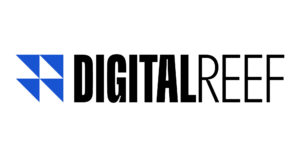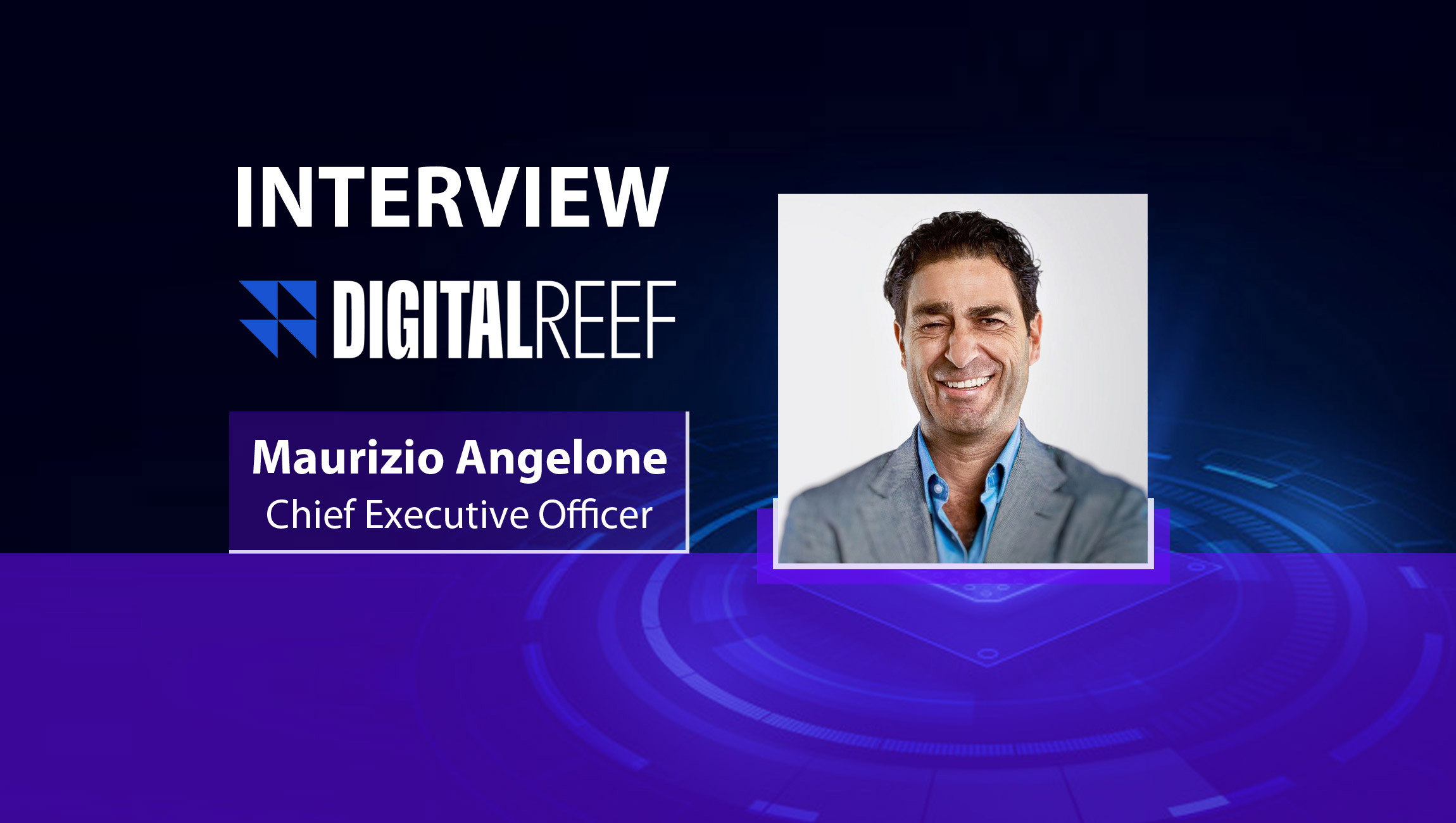As adtech trends and innovations start to support better contextual targeting capabilities, advertisers and marketers will have to rethink how they assess and use their data to push for improved online ad and marketing ROI; Maurizio Angelone, Chief Executive Officer at DigitalReef weighs in with some tips:
______
Welcome to this MarTech Series chat Maurizio, tell us more about DigitalReef and your role there…
DigitalReef is a fully-integrated mobile marketing and advertising platform. We are a fusion of five companies – Flowsense, Imagination Unwired, IMOX, Lemmonet and MobTarget – that provide a suite of products and services which offer a complete end-to-end solution for brands, marketers, and app developers seeking exposure on one of the world’s largest direct-to-device advertising platforms. We currently have a network of 300M+ registered users, capture 3.3 billion monthly impressions and reach approximately 70% of mobile users in LATAM.
I’m CEO of DigitalReef and have been working in the mobile technology space for over 20 years with a focus on growing LATAM and other global mobile markets. Most recently, I was Vice President for Americas Region at HMD Global/Nokia where I helped establish HMD’s newly launched smartphone business unit in North America and LATAM. I was also one of the original co-founders of Imagination Unwired, one of the merged companies forming DigitalReef.
Marketing Technology News: MarTech Interview with Dr. Christy Petrosso, Chief Data Scientist and Talent Economist at Workforce…
How have you been seeing the adtech ecosystem evolve and lead change in the way advertisers today plan their campaigns?
The adtech ecosystem is rapidly changing in light of the tectonic shifts occurring in areas of consumer profiling and shared targeting. Cookie-less browsers, loss of IDFA in the Apple ecosystem and the proposed adoption by Android, will change how the advertising world finds and talks to consumers. This is a world where billions of dollars of investment by major industry players across the advertising industry expires at day zero. This ultimately levels the playing field for everyone else. As a company, DigitalReef’s reach with over 300M+ registered users, accessed through our comprehensive customer data platform that blends artificial intelligence, first-party device and mobile specific user data in participation with operators and device manufacturers, allows us to predict and identify context and behavior across our network. You simply can’t beat first party data in understanding users in the new world.
For advertisers, this will likely encourage experimentation with providers to explore new approaches and technologies. It will also open the door to new participants not traditionally in the mainstream of the ad ecosystem.
In what ways will mobile marketing and mobile advertising start taking center stage across industries in future?
In quite a few markets outside the United States including most emerging markets, mobile marketing and mobile advertising is already center stage. While traditional ad budgets were cut during the pandemic, digital spending grew despite the shifting landscape. Mobile engagement soared and was reflected in marketing as mobile ad spend grew 26% to $240 billion in 2020. With mobile being the primary device for many people across the world today, we will continue to see more time and money spent on mobile vs traditional ads. However, even though we are seeing an upswing in mobile usage and ad spending, mostly brought on by the pandemic, marketers have always known exactly what the ROI is with digital campaigns. With the ability to track, measure and engage much more effectively online than they are able to offline, mobile marketing has been the preferred method of marketers for years, especially as we see more DTC and startup companies try to engage directly with their audience.
Marketing Technology News: MarTech Interview with Jason Jantz, CEO at ReadyMode
Can you talk about some of the world’s leading brands who have exceptional mobile advertising and mobile marketing models in place?
We’re fortunate to work with some of the world’s leading brands such as Amazon, B2W, Ford, Starbucks, Uber and Unilever. One close partner is Carrefour Soluções Financeiras (CSF), a Brazilian based financial company part of global retailer Carrefour Group.
They have transformed their mobile app from an underused and ineffective engagement channel, into a successful part of their overall marketing and customer retention strategy by leveraging geolocation tools that translate to offline revenue increases.
As adtech evolves to offer more precise and targeted features, what should marketers and advertisers consider when planning campaigns in order to optimize ROI?
Ad technologies and providers that can take advantage of first party data will ultimately drive higher ROI in the new world. The addition of first party specific data by unique providers is an evaluation that marketers and advertisers should begin to explore in the short term.
Other techniques and collaborations are also emerging which will look to aggregate interest by the ad community and create an alternative to the cookie or shared behavior identifiers working with consent by consumers. These are trends that are worth keeping track of in the mid-term.
A few thoughts on the future of martech and adtech and how martech/adtech innovations will further lead to change in marketing roles across the marketing hierarchy?
We are seeing marketers begin to bring operations of ad spend in-house leveraging self-managed platforms and technologies rather than working with 3rd parties to plan and buy advertising. We think this trend will continue. We also believe that transparency in advertising through the click chain will become more apparent and visible leading to greater brand control, higher ROI, and also better targeted spend. Those marketers who are keeping pace with these innovations will set themselves apart as these trends continue over the next several years.
A few martech tools you feel marketers today need to integrate into their overall tech stack and why?
Marketers need to spend time to understand their different consumer profiles, work to segment them in a way that can be reached in the right place at the right time and use the proper channel to communicate. For example, by incorporating smart push notifications into their mobile strategy, marketers can use AI to send consumers push notifications that can be segmented and optimized depending on their identified needs.
Every player in the mobile industry should always keep in mind the consumer first and how to add value to their life. Those who have understood this are winning. Privacy and consumer targeting do not necessarily conflict, we can respect the consumer’s privacy while offering the product/service they are interested in.
Marketing Technology News: MarTech Interview with Harshit Jain MD, Founder and Global CEO at Doceree

DigitalReef brings together a world-class executive team and over 100 employees deploying leading edge marketing and advertising technologies across LATAM. Headquartered in Miami, FL, DigitalReef has a local presence in ten countries with offices in major hubs including Buenos Aires, São Paulo, and Mexico City among others.
Maurizio Angelone is the Chief Executive Officer at DigitalReef



